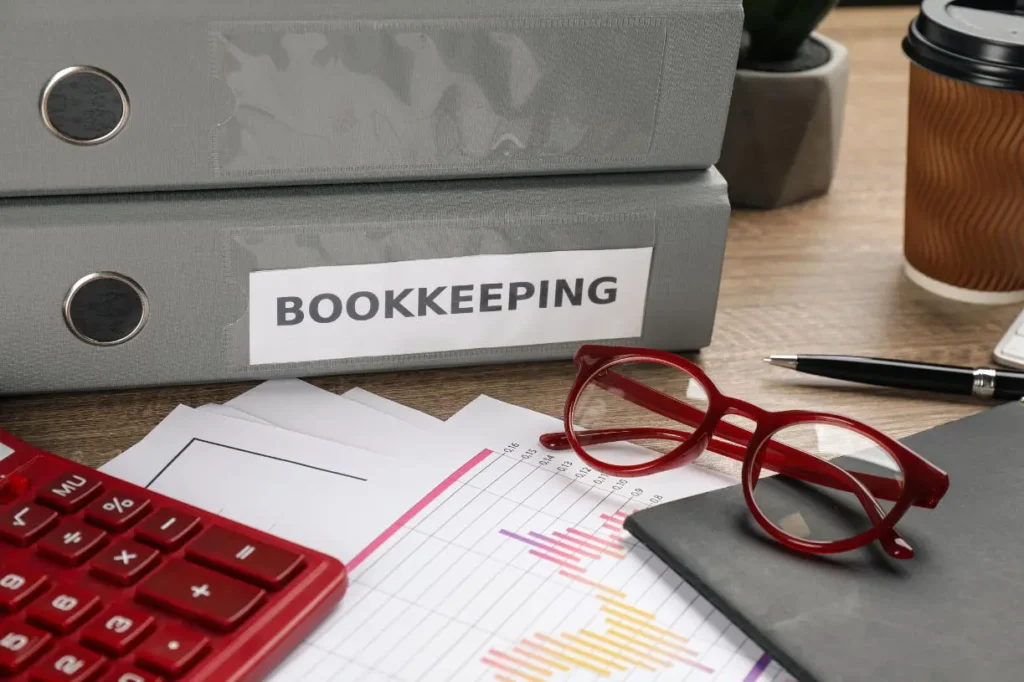Introduction
Thailand is a popular destination for foreign businesses, but it’s important to be aware of the country’s restrictions on foreign ownership. The Foreign Business Act (FBA) prohibits foreign companies from engaging in certain business activities. This can be confusing and frustrating for foreign investors who are doing business in Thailand and may not be familiar with Thai law.
This blog post will provide an overview of Thailand’s restricted business activities for foreign companies so you can make informed decisions about your business venture.
Key Points
- The Foreign Business Act restricts foreigners or foreign-owned companies from undertaking over 50 business activities.
- In Thailand, if 50% or more of a company’s shares are owned by a foreigner, it is deemed foreign-owned.
- For a foreign-owned entity to be able to engage in any of the 50 prohibited activities, a Foreign Business Licence or BOI promotion is needed.
To Start a Business in Thailand, What Is Considered a Foreign Company the Foreign Business Act?
Thailand’s Foreign Business Act (FBA) restricts foreigners and foreign-owned companies from engaging in over 50 business activities. But what exactly does it mean to be a “foreigner” or a “foreign-owned company” under the FBA?
Section 4 of the FBA provides a broad definition of these terms, which includes:
- Natural persons who are not Thai citizens
- Juristic persons (legal entities) that are not registered in Thailand
- Juristic persons that are registered in Thailand but have at least half of their capital shares held by foreigners or foreign-owned companies
- Juristic persons that are registered in Thailand but have at least half of their total capital invested by foreigners or foreign-owned companies
- Limited partnerships and registered ordinary partnerships where the managing partner or manager is a foreigner
In other words, if you are a foreigner or if your company has at least 50% foreign ownership, you may be subject to the FBA’s restrictions. It is important to note that these restrictions are not absolute, and some exceptions exist. For example, certain businesses may be eligible for a Foreign Business License, allowing them to operate in Thailand even if they are foreign-owned.
Thailand’s Foreign Business Act: What Are Restricted Activities for Foreigners Looking to Start a Business in Thailand?
As mentioned, Thailand’s Foreign Business Act (FBA) restricts foreigners from engaging in over 50 activities grouped into three lists.
Foreign Business Act Lists for Restricted Activities for foreign companies in Thailand.
List One
List One includes businesses for which foreigners are prohibited from operating for “special reasons.” There is no approval process for foreigners or foreign entities to obtain permission to operate businesses in List One.
This includes but is not limited to:
- Operating press, radio broadcasting stations or radio and television stations;
- Rice farming, crop growing, livestock farming or fishing;
- Forestry and timber processing;
- Extraction of Thai medicinal herbs;
- Trading and auction sale of objects of historical value;
- Land trading.
List Two
This list includes businesses related to national security and domestic land, waterways, or air transportation (including the domestic airline business).
Section 15 of the FBA allows a foreign person to operate any business in List Two, as long as at least 50% of the company’s shares are held by Thai nationals or juristic persons who are not considered foreigners under the FBA. However, they must obtain approval from the Minister of Commerce and the Cabinet. In practice, this approval is very difficult to obtain.
List Three
This list includes businesses that foreigners and foreign entities are prohibited from operating because “Thai nationals are not ready to compete” with foreigners. This list includes “other service business categories except those prescribed by ministerial regulations.”
Examples include but are not limited to:
- Accounting services;
- Legal services;
- Architectural services;
- Engineering services;
- Construction, except:
- Construction of structures for delivery of infrastructure public services in the sphere of public utilities or transportation requiring the use of special apparatuses, machines, technology or expertise, with a minimum capital of five hundred million baht or upwards from foreigners;
- Wholesale of all types with the minimum capital of each store in the amount lower than one hundred million baht;
- Advertising business;
- Hotel businesses, except the hotel management service;
- Guided tours;
- Sale of food and beverages;
Doing Restricted Activities in Thailand Despite the Foreign Business Act’s Restrictions?
Foreign ownership of a limited company in Thailand engaging in the restricted activities mentioned above is typically capped at a maximum of 49.99%. However, there are two ways to achieve 100% foreign ownership in this situation.
The 2 most popular options to start a business in Thailand as a 100% owned entity
- Foreign Business License (FBL): The FBL is a license issued by the Department of Business Development that allows foreign businesses to engage in restricted business activities under the FBA. However, it is important to note that the FBL is often difficult to obtain approval for.
- Board of Investment (BOI) promotion: BOI-promoted companies can apply for a Foreign Business Certificate, which allows them to undertake activities restricted by the FBA as a 100% foreign-owned company. However, BOI promotions are only available for certain business activities approved by the BOI.
Start a business in Thailand with a Thai partner to undertake restricted activities.
One other potential option for a foreign investor is:
- Control of majority Thai-owned company: Under the provisions of the Foreign Business Act, the focus is on the ownership of the shares and not control. Therefore, foreign investors may enter into a partnership with proper local partners. Foreign investors can protect their investment through additional voting rights and other carefully and clearly drafted agreements. It is important to note that Thai shareholders cannot have their roles diminished or be deprived of their economic interests in the company as a shareholder.
For a more comprehensive overview of the options presented above, please review our blog post here.
Our Thoughts
While the Foreign Business Act is very restrictive, international businesses can come to Thailand and engage in these restricted activities n certain situations. The most effective option is to apply for a BOI promotion, which grants the applicant 100% foreign ownership and a Foreign Business Certificate to engage in restricted activities. However, this is only available for certain activities, and the application is a time-consuming process. Should a BOI promotion not be possible, companies can consider applying for a Foreign Business Licence or starting a carefully structured Thai Limited Company with a Thai partner.
Whichever option is best for your needs, our legal experts are ready to assist.





